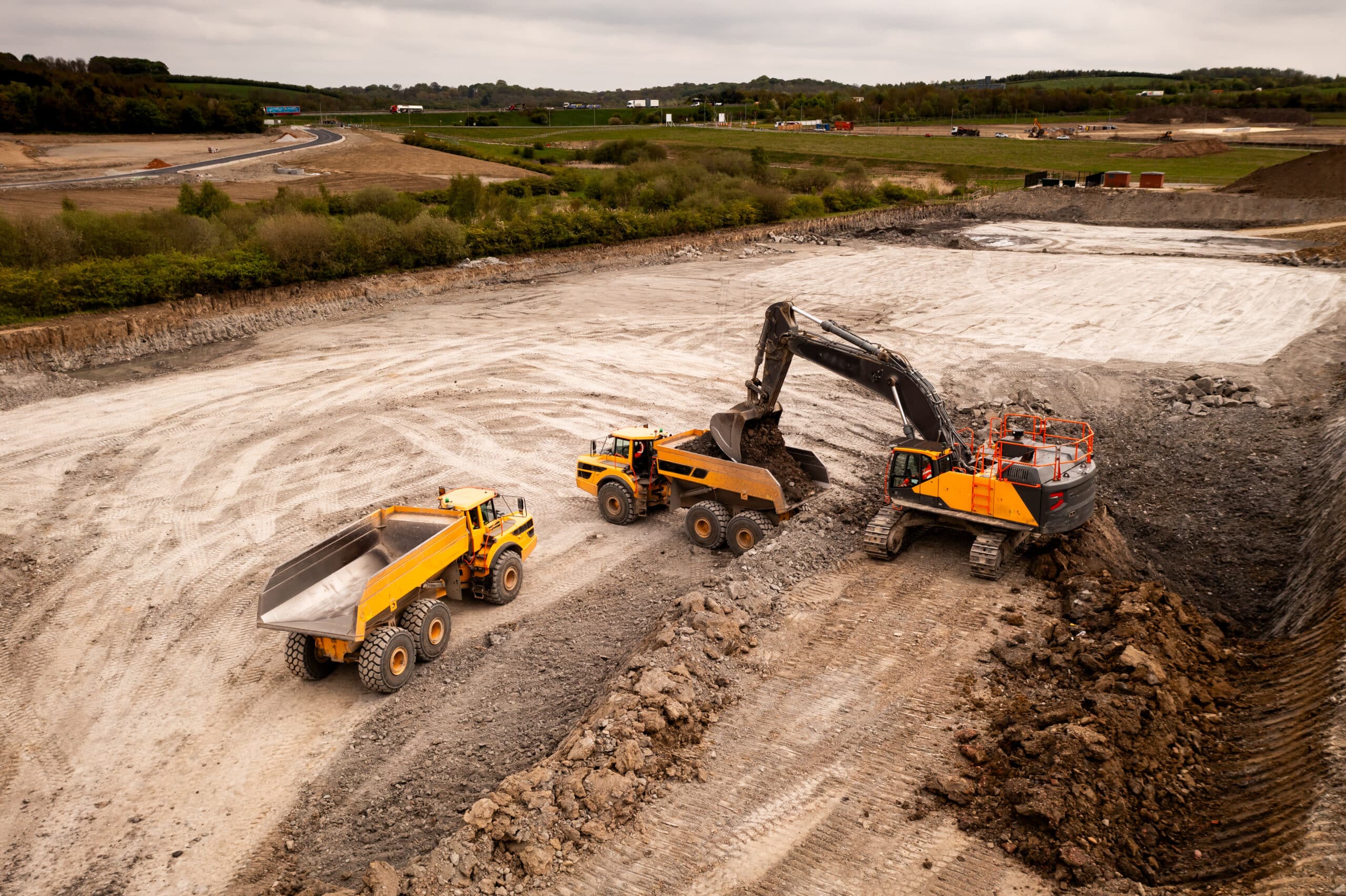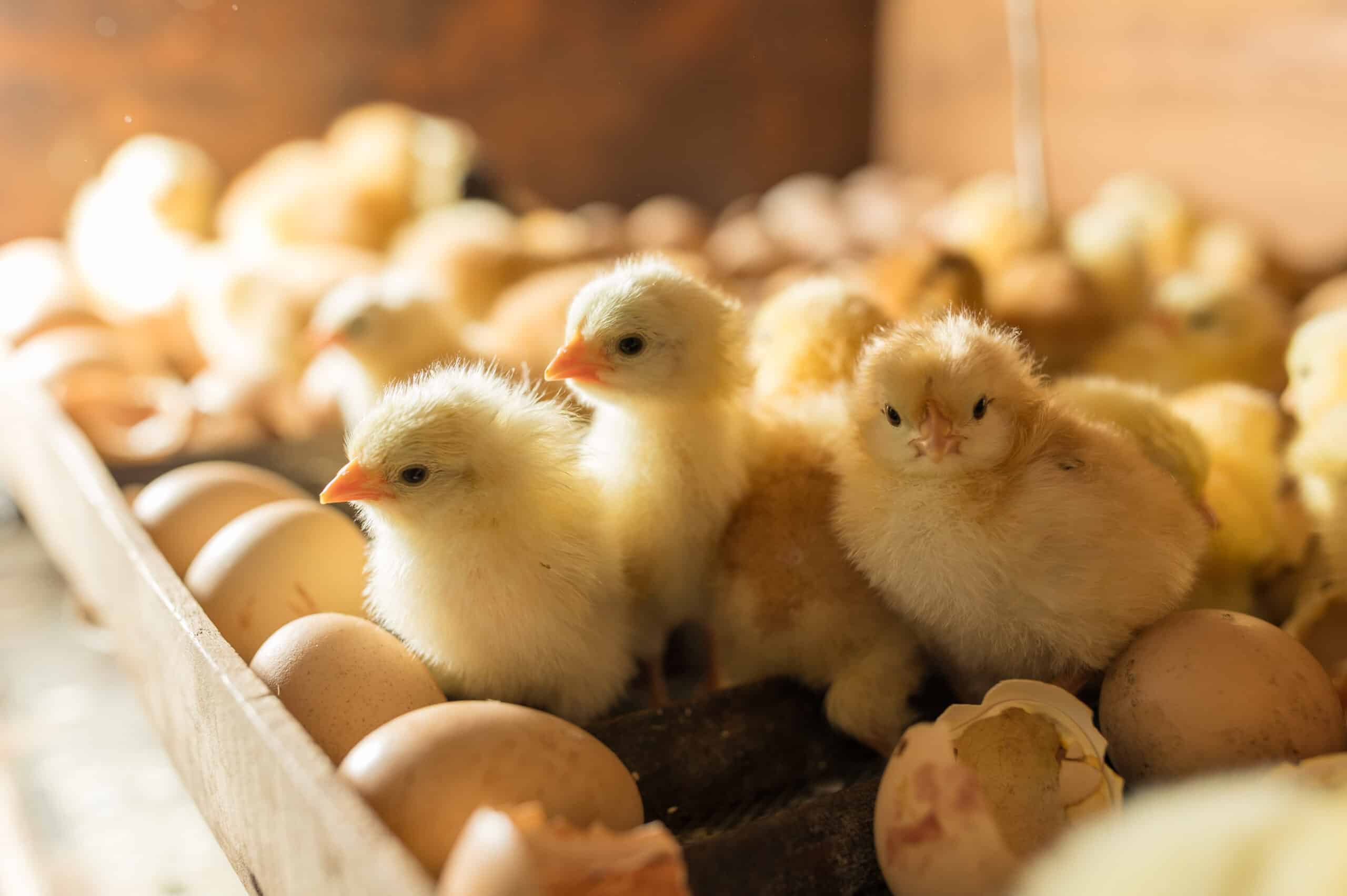Operational reviews are key to ensuring the efficiency, sustainability, and profitability of agribusiness enterprises, offering a comprehensive assessment of the organisation’s practices, processes, and performance. They help identifying areas for improvement enabling organisations to optimise operations, and adapt to changing market conditions, environmental challenges, and regulatory requirements.
Scope and components
In an agricultural context, operational reviews typically encompass various aspects of farm management, including crop production, livestock husbandry, resource utilisation, financial performance, and compliance with industry standards. By conducting regular operational reviews, farmers and agricultural managers can gain valuable insights into their business operations which enables them to make informed decisions and implement targeted improvements.
One of the primary objectives of an operational review is to assess how well Good Agricultural Practices (GAP) are implemented on the farm. GAP are essential standards verified through third-party audits to ensure the safe and sustainable production of crops and livestock.
These practices cover a wide range of areas, including soil management, water conservation, pest control, and post-harvest handling. An operational review can help determine whether the farm is adhering to GAP principles and identify any gaps that need to be addressed in order to maintain compliance and improve overall performance.
During an operational review, evaluators will typically examine the farm’s production processes, looking for opportunities to increase efficiency and reduce waste. This may involve analysing the use of inputs such as fertilisers, pesticides, and water, as well as assessing the effectiveness of machinery and equipment.
Financial performance is another critical aspect of an operational review. Evaluators will analyse the farm’s financial records, including income statements, balance sheets, and cash flow projections, to assess the overall financial health of the business. This analysis can reveal opportunities for cost reduction, revenue enhancement, and improved profitability. Additionally, an operational review may include an assessment of the agribusiness’ marketing strategies and supply chain management.
Environmental sustainability has become increasingly focal as climate change and environmental concerns continue to shape the industry. For those looking to demonstrate their commitment to sustainable practices, operational reviews can help assess the farm’s environmental impact, including its carbon footprint, water usage, and soil health. This evaluation can lead to the implementation of more sustainable farming practices, such as conservation tillage, precision agriculture techniques, or the adoption of renewable energy sources.
Benefits
One of the key benefits of conducting regular operational reviews is the ability to benchmark performance against industry standards and best practices. By comparing the farm’s performance metrics to those of similar operations, or industry averages, farmers can identify areas that require improvement, providing valuable insights into potential opportunities for growth and innovation within the business.
An operational review also offers an opportunity to assess the farm’s compliance with relevant regulations and industry standards. This includes evaluating adherence to food safety regulations, animal welfare standards, and environmental protection laws. By ensuring compliance with these requirements, farms can mitigate risks associated with regulatory violations and maintain their reputation as responsible producers.
The human element is another crucial aspect of an operational review. Evaluators will often assess the farm’s workforce management practices, including training programs, safety protocols, and employee satisfaction. This can drive productivity while reducing turnover and creating a more positive work environment.
Technology adoption and innovation are increasingly important considerations in agricultural operational reviews. As the industry continues to evolve, farms must stay abreast of technological advancements that can improve efficiency and productivity. An operational review can help assess the farm’s current technological capabilities and identify opportunities for implementing new technologies, such as precision agriculture tools, automated systems, or data analytics platforms.
Considerations and methodology
A comprehensive and structured approach is key to effectively conducting an operational review. This typically involves creating a detailed checklist or framework that covers all relevant aspects of the farm’s operations. Many farms choose to engage external consultants or auditors to conduct their operational reviews, as this ensures impartiality and specialised expertise.
The frequency of operational reviews may vary depending on the size and complexity of the operation. Larger commercial farms may conduct annual or semi-annual reviews, while smaller operations might opt for less frequent assessments. Regardless of the frequency, it is crucial to establish a regular schedule to maintain vigilance and ensure continuous improvement.
Following an operational review, the next step involves developing and implementing an action plan based on the findings. This plan should prioritise the identified areas for improvement and outline specific steps to address them. It is essential to set clear, measurable goals and establish timelines for implementing changes. Regular follow-up assessments should be conducted to monitor progress and ensure that the recommended improvements are being effectively implemented.
One of the challenges in conducting operational reviews in agriculture is the seasonal nature of farming activities. It is important to time the review process appropriately to capture a clear picture of the farm’s operations throughout the growing season. This may involve conducting multiple assessments at different times of the year or using historical data to supplement the review process.
Operational reviews can also play a crucial role in succession planning for family-owned farms. By providing a comprehensive assessment of the farm’s current state and future potential, these reviews can help facilitate smooth transitions between generations and ensure the long-term sustainability of the business.
Moving forward with Farrelly Mitchell
Operational reviews are essential for driving continuous improvement, sustainability, and competitiveness for agribusinesses. They offer a comprehensive framework for evaluating all facets of farm management, from resource efficiency and financial performance to compliance and environmental impact. By systematically identifying areas for optimisation, these reviews empower farmers to enhance productivity, reduce costs, and meet evolving market demands and regulatory standards.
In an industry increasingly shaped by technological innovation, environmental pressures, and global competition, the value of regular operational reviews cannot be overstated. At Farrelly Mitchell, we recognise that operational reviews are not merely an exercise in assessment—they are a strategic tool for unlocking growth and resilience. By embracing this process, agricultural businesses can position themselves for long-term success, ensuring sustainable value creation for both current operations and future generations. Our farming services include, operations improvement, policy and regulation, regenerative agriculture, due diligence consulting, feasibility and financial modelling, sustainability and ESG and much more. To discover how we can support your farm’s unique needs and help you achieve operational excellence, contact our team of consultants today.














